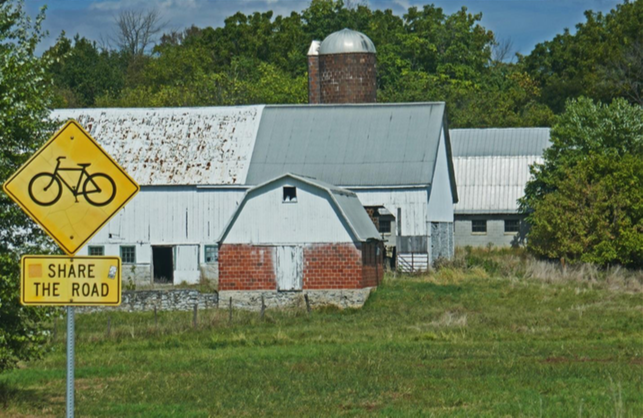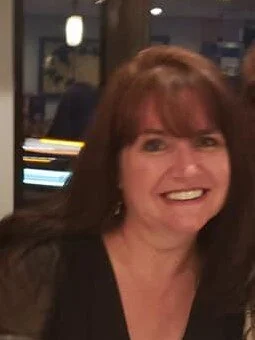an essay about anatomy
/Lee Patterson
I have never woken up to find my heart in my
collarbone or halfway down my spine
or thumping through my left ass cheek.
I have never woken up worried that my heart
will get lost, that I’d have to call the police.
what did it look like? the officer
would ask. like a fist, I’d tell him, but uglier.
red, I suppose. I would be scared
to talk to it, I’d say.
is a heart glued in place or is it just floating
around inside us like a ghost heart?
I could look it up or call my doctor
or call my doctor’s doctor or just ask
my wife, who is much smarter than me, my wife
with her calm heart, permeating a calm
lust when I reach for her in bed,
the calm way she pets the dog, speaks
to him in whispers & coos, her calm heart
glued or floating, I will never know
because I will never ask, I will just reach &
reach & reach until her calmness covers
me, even if it’s just for a moment & the moment
after I first wrote just for a moment.
Lee Patterson's poetry has appeared or is forthcoming in Hobart, Queen Mob's Teahouse, Love's Executive Order, Thin Air Magazine, and Unbroken.














